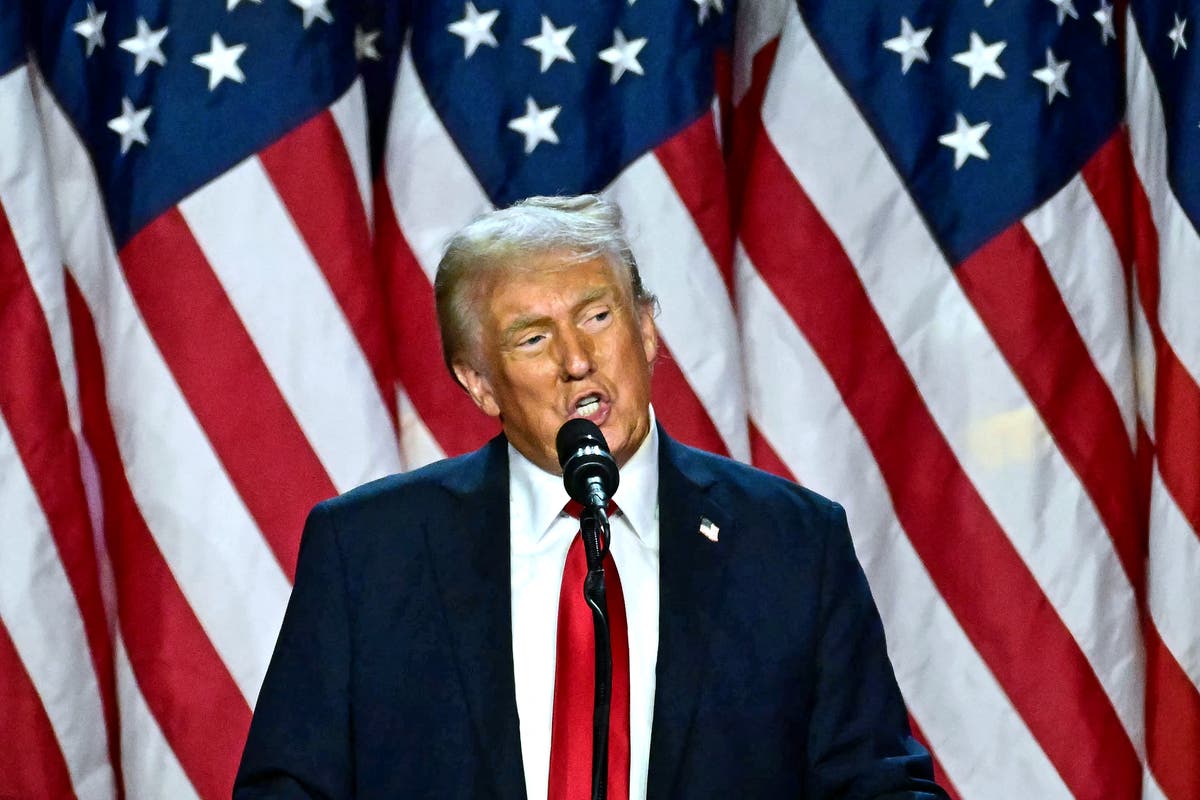Political analysts confirmed that the US Secretary of State's tours Anthony Blinken To the region has become a classic and repeats itself, as he returns from it every time empty-handed with the intransigence of the Israeli Prime Minister Benjamin Netanyahu.
Israeli affairs writer Ihab Jabareen says that everyone is now facing a classic scene where Blinken returns empty-handed, and then the American president runs away. Joe Biden A “reprimanding” phone call with Netanyahu to cover up what happened.
Jabareen added – in his interview with the program “Gaza… What's next?” – “No one remembers the name of the Minister of Foreign Affairs.” Israel “Blinken is providing diplomatic cover for it,” he said, noting that this did not convince Netanyahu to change his position on the Gaza ceasefire agreement.
He explained that Netanyahu began to “confuse the cards” because the exchange deal does not benefit him popularly, “which is why he insists on keeping his forces on the two axes.” Philadelphia andNetzarim“He stressed that every time he creates a new dilemma for Israel and confuses its security scene.
He pointed out that Netanyahu had fabricated the policy of assassinations in the past period to confuse the scene, expecting that he would “decide the aggression in his favor” if he passed 3 upcoming fateful stations, in reference to the complexity of the regional situation, the first anniversary of the October 7 attack, and November 6 (the American elections).
gray area
In turn, the head of the Department of Political Science at Hebron University, Dr. Bilal Al-Shoubaki, says that Netanyahu is trying to impose a strategy based on changing the Israeli mentality and creating a new equation through which the prisoners can be dispensed with.
Al-Shoubaki explained that Israel is not inventing anything in dealing with the Palestinians, but rather “wants to move from decisive bloody violence to slow violence, just as it does with…West Bank“He pointed out that Netanyahu is using the negotiation process as a tool to create a gray area that does not end the war or resolve the negotiations.
He pointed out that the United States was drawn into this gray area by using vague phrases and postponing solutions to a later stage, “which is what the Palestinians have suffered from for decades.”
He adds that Washington accepts an Israeli occupation ofGaza Strip But it does not want to bear moral and legal responsibility, and seeks to minimize what is happening and limit it to humanitarian relief and postpone talking about the issues of the withdrawal of the occupation army to a later time.
He concluded that the United States is blackmailing the Palestinians on a humanitarian basis and leaving space for Israel to impose facts on the ground.
However, the Palestinian factions will not leave the field to Netanyahu, as they are moving – according to Al-Shobaki – in more than one direction to create new facts after their belief that the prisoners are not the only card, and the necessity for the Israelis to feel the price of the war on Gaza.
The decline of the American role
For his part, Michael Mulroy, former US Deputy Assistant Secretary of Defense for Near Eastern Affairs, claimed that Washington wants a ceasefire in Gaza to move to a diplomatic solution and avoid the expansion of the conflict regionally, but he acknowledged that his country does not have the influence to implement that.
Mulroy pointed out that the credibility of the United States is at stake and its image as a mediator is negatively affected, noting that Netanyahu did not agree to Biden's proposal, as he criticized in this context the statements of the US State Department on behalf of Israel.
He stressed that Netanyahu is not interested in a ceasefire and wants to buy time to achieve what he wants in Gaza, while the security and military apparatuses oppose the Israeli army remaining inside the Strip.
He added that Washington may now receive blame from both sides, calling on it to pressure to deliver humanitarian aid to Gaza.
He concluded that Biden is at the end of his presidential term and has no influence, expecting the US leadership role in mediation to decline, but at the same time he believes that his deputy Kamala Harris If she wins the elections, she will put more pressure on Israel to accept a ceasefire.





